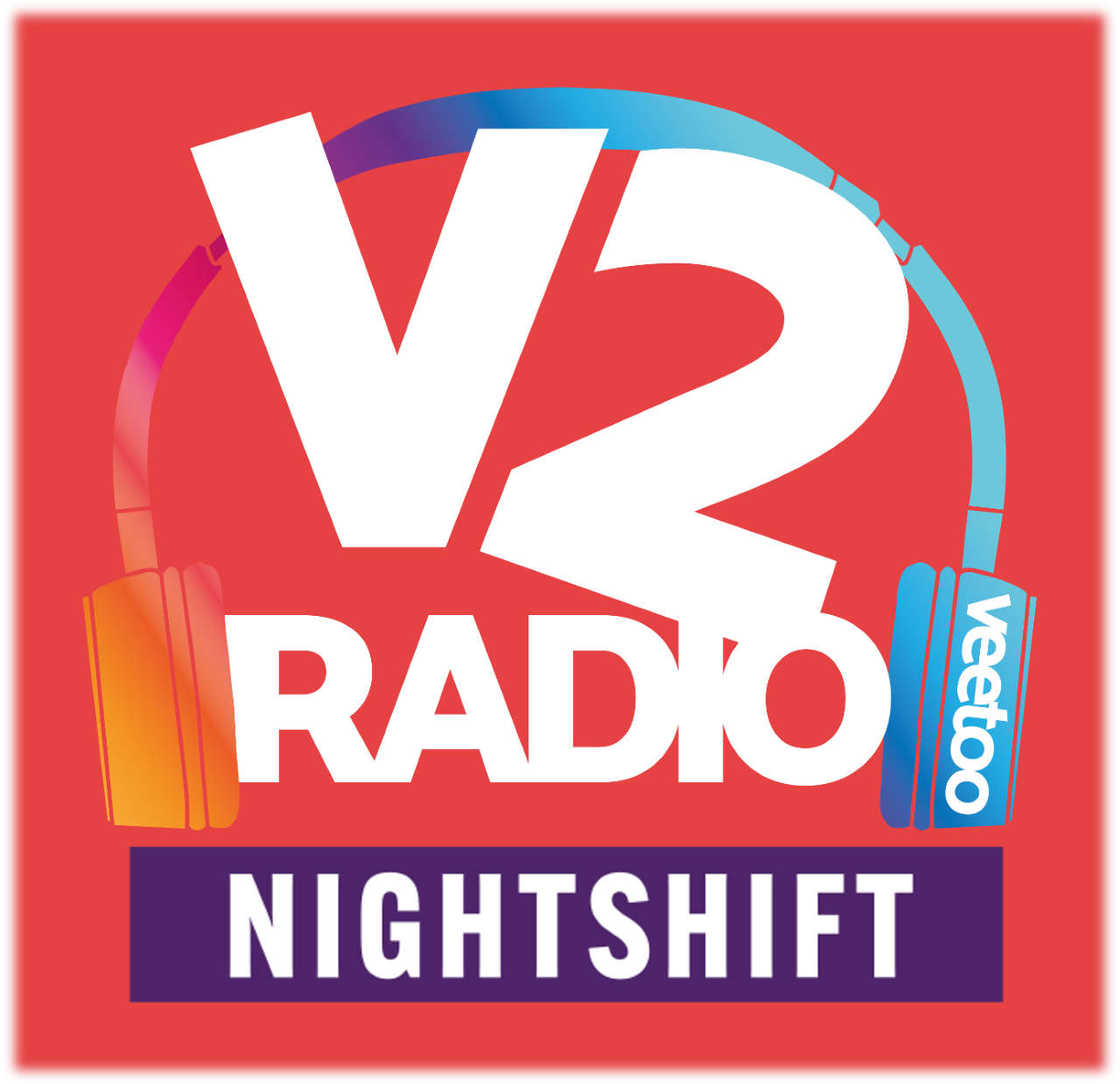ChatGPT's new image-generation tool led to a record number of users in April, forcing OpenAI's boss to beg people to "chill out a bit".
With ChatGPT-4o, users can transform photos or memes into distinctive styles - making them look like they came straight out of The Simpsons, Rick And Morty or South Park.
The latest update to the AI tool can also generate realistic images, logos and diagrams from simple word prompts, able to handle up to 20 different objects in one image.
The internet has also discovered that the update makes it possible to recreate themselves in Barbie doll form.
Between that and the ability to recast images in the hand-drawn style of Japanese animation company Studio Ghibli - it's been a busy time for AI image generation.
In fact, Sam Altman - the tech mogul and boss of OpenAI, the company that brought ChatGPT into the world - even had to plead with people to "please chill".
Record surge in chatbot users
Users of ChatGPT breached 150 million for the first time this year after the rollout of the tech's latest image generator, according to data from market research firm Similarweb.
The number of active users, in-app subscription revenue and app downloads also reached an all-time high after the launch of GPT-4o.
Mr Altman talked up the success of his technology - but also warned the increased demand for picture generation was putting unprecedented pressure on OpenAI's GPUs (graphics processing units), the part of a computer designed to accelerate graphics and image processing, and it was struggling to cope.
"It's super fun seeing people love images in ChatGPT. But our GPUs are melting," Mr Altman said on 27 March.
Three days later, he issued the plea: "Can y'all please chill on generating images, this is insane our team needs sleep."
The company was still facing issues by 1 April, with users being warned to expect service to be slow, new OpenAI releases to be delayed and for "stuff to break".
On 10 April, Mr Altman said: "OpenAI usage has gone nuts over the past month," adding that service speed and rate limits should improve.
Powerful AI models need increasing amounts of electricity to work.
A report by the International Energy Agency (IEA) estimated that training GPT-4 took 14 weeks and used about 42GWh (gigawatt hours) of electrical power.
That's the equivalent to the daily electricity consumption of about 28,500 households in the developed world or 70,500 households in poorer countries.
AI Barbie dolls
One of the viral AI-image trends that has recently flooded the internet is the AI Barbie doll.
Using ChatGPT's image generator, people transform themselves into action figures - complete with personalised accessories and a box.
One of those to jump on the trend was Republican congresswoman Marjorie Taylor Greene, who shared a video of her Barbie doll walking out of its box.
"The Congresswoman MTG Starter Kit If I was a doll," she wrote on social media, adding: "I love all my accessories, including my Bible and gavel for DOGE Committee chair!"
To create the figurines, users have to ask the chatbot to "create an action figure style image", listing the accessories they would like and the description on the box.
'Ghiblification'
Before Barbie dolls, the internet went crazy for Ghibli-style images.
Everything from profile pictures to viral internet moments were subject to 'Ghiblification', which transforms images into the style of animations by Studio Ghibli - famed for films including Spirited Away, My Neighbor Totoro, The Boy And The Heron and Howl's Moving Castle.
Some Ghibli-style images recreated political events in US history, including the disastrous Oval Office meeting between Donald Trump and Ukrainian President Volodymyr Zelenskyy and the assassination of President John F Kennedy.
The technology was even used by the White House, which posted a Ghibli-style image of a weeping woman being arrested by US immigration agents, an image based on the actual deportation of a convicted drug dealer.
Narendra Modi, the prime minister of India, also received the Ghibli treatment with the MyGovIndia X account posting a collection of images showing the leader in various scenarios, including one of him next to Mr Trump and another with French President Emmanuel Macron.
Other users recreated iconic images and memes, including Olympic silver medallist pistol shooter Yusuf Dikec, who went viral after the Paris Games last year after he was photographed shooting with one hand in his pocket.
Why is it controversial?
The extensive use of Ghibli-style images has led to questions about potential copyright violations.
Studio Ghibli's co-founder and animator Hayao Miyazaki is one of the world's most accomplished animation filmmakers.
While the Japanese company has not commented since ChatGTP-4o's new image generator tool was launched, in 2016 Mr Miyazaki said he was "utterly disgusted" at the technology.
He said at the time: "I would never wish to incorporate this technology into my work at all."
Artist Karla Ortiz, who grew up watching Mr Miyazaki's films and is suing other AI image generators for copyright infringement in a case that's still pending, called it "another clear example of how companies like OpenAI just do not care about the work of artists and the livelihoods of artists".
She said: "That's using Ghibli's branding, their name, their work, their reputation, to promote [OpenAI] products," Ortiz said. "It's an insult. It's exploitation."
It still remains unclear if Studio Ghibli issued OpenAI a licence for training, which would have given the company permission to use the works, or if a licence was even needed.
Josh Weigensberg, a partner at US law firm Pryor Cashman, said the issue of copyright is complex.
"[There is a general principle] that 'style' is not copyrightable. But sometimes what people are actually thinking of when they say 'style' could be more specific, discernible, discrete elements of a work of art," he explained.
Read more from Sky News:
Suicide forum first to be investigated by Ofcom
The 'two blokes in a Cardiff garage' behind a space factory
In a technical paper posted last month, OpenAI said its new tool would be taking a "conservative approach" in the way it mimics the aesthetics of individual artists.
A spokesperson for the company told Sky News: "Our goal is to give users as much creative freedom as possible.
"We continue to prevent generations in the style of individual living artists, but we do permit broader studio styles-which people have used to generate and share some inspired original fan creations. We're always learning from real-world use and feedback, and we'll keep refining our policies as we go."
Sky News has contacted Studio Ghibli for comment.

(c) Sky News 2025: From AI Barbie to 'Ghiblification' - how ChatGPT's image generator put 'insane' pressure on OpenAI

 CCTV shows shoplifters using pythons to distract cashier before stealing from petrol station
CCTV shows shoplifters using pythons to distract cashier before stealing from petrol station
 Iran says 'indirect talks' have taken place with US over nuclear programme - with more to follow
Iran says 'indirect talks' have taken place with US over nuclear programme - with more to follow
 This is a remarkable step by the government - and Donald Trump, China and Reform UK have all played their part
This is a remarkable step by the government - and Donald Trump, China and Reform UK have all played their part
 US envoy meets Putin for talks - as Trump urges Russia to 'get moving' on Ukraine
US envoy meets Putin for talks - as Trump urges Russia to 'get moving' on Ukraine
 Relief in Scunthorpe after emergency British Steel law passed - but the fight isn't over yet
Relief in Scunthorpe after emergency British Steel law passed - but the fight isn't over yet






